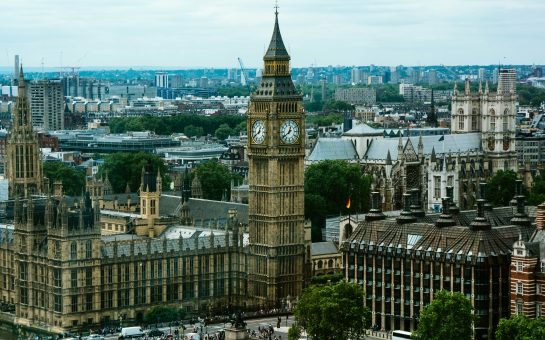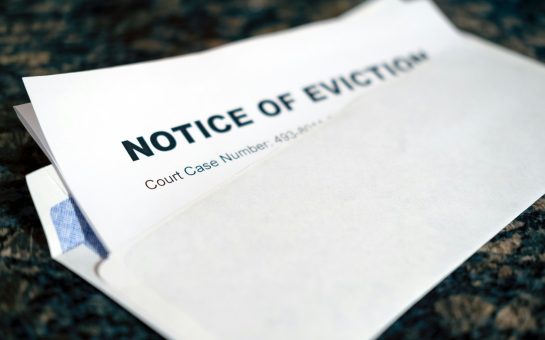The Croydon mayor referendum will take place tomorrow with the future of governance in the borough set to be decided.
Following a petition signed by 21,000 residents, a referendum has been called to vote on whether the council will continue in its current guise or switch to a mayoral model.
What is the referendum?
For the Croydon mayor referendum, voters are being asked whether they would like to stick with their current council model, where councillors are elected and the party with the most seats selects a leader, or if they wish to change to have a directly elected mayor.
The present system, or leader model, is the most common in local councils, but the mayoral model is used in Hackney, Tower Hamlets, and Watford.
Croydon Council has been run using the leader model since 2001, following the Local Government Act of 2000 required most councils to change from a committee system.
The leader is elected by the council itself for a term of four years, and they hold the executive powers of the council, but those powers can be delegated to their deputy leader or cabinet.
The deputy leader and cabinet, consisting of between two and nine councillors, are chosen by the leader and they have no requirement to make those appointments politically balanced.
The council itself retains the power to approve the budget set forth by the leader, approve major policies, as well as various other governmental, regulatory, and constitutional powers reserved for it by law.
The council also have a scrutiny committee which is tasked with holding the executive to account.
The mayoral model is largely the same, one of the differences is that the mayor is voted on by the electorate and is not themselves a councillor.
In Croydon Council, the mayor would delegate power to the cabinet and deputy mayor, both of which are chosen by the mayor and can be politically unbalanced, and decisions will be made collectively.
A key difference is that the council are unable to remove the mayor during their term, as they can in the leader model, this is only possible through the mayor’s own resignation.
How to vote?
The deadline for registering to vote has already passed, but all those eligible to vote in local elections and who are registered can vote at a polling centre between 7am and 10pm on Thursday 7 October 2021.
Counting results will begin at 10pm and will be available on the Croydon Council website on Friday 8 October 2021.
What happens if there is a switch to the mayoral system?
If the results of the referendum dictate a change in how Croydon Council is governed, then the election date to decide the first Mayor of Croydon will be 5 May 2022.
This is the same date that is scheduled for the next local election of all other seats on Croydon Council.
What do the political parties think?
The two Labour MPs for Croydon, Sarah Jones, MP for Croydon Central, and Steve Reed, MP for Croydon North, are both opposed to the mayoral system.
Reed has claimed that the cost of a mayor would be over £1million and has been campaigning against a mayor using the Twitter hashtag #MillionPoundMayor.
This is based upon estimates that the mayoral office of Tower Hamlets costs £600,000 per year, with the average yearly salary of a mayor being between £80,000 and £120,000, in addition to the cost of the election being £500,000.
However, this cost is countered by those favouring a mayor, who believe the figures used by Labour only add on the costs of a mayor, instead of them replacing the cost of the current executive.
Labour also claim that Conservative austerity measures have been damaging to local councils and changing system to one which favours Tory candidates would bring further cuts to Croydon.
Despite this, Inside Croydon have reported that Labour have already begun to sound out their potential candidate for a mayoral election in May.
Chris Philp, MP for Croydon South, and the local Conservative party have been campaigning for the mayoral system.
Citing the council’s supposed current unwillingness to listen to concerns of residents as the primary reason for this, believing that with an elected mayor it would make voting more pivotal in the governmental process as greater support would be needed from all areas of the borough.
Croydon Green Party also oppose the mayoral model, believing both it and the leader model to be flawed, but the mayor model to be a step in the wrong direction.
They propose a committee model as a superior solution, but this will not be an option on the referendum ballot.
Featured image credit: Robin Webster, Geograph CC BY-SA 2.0 License




